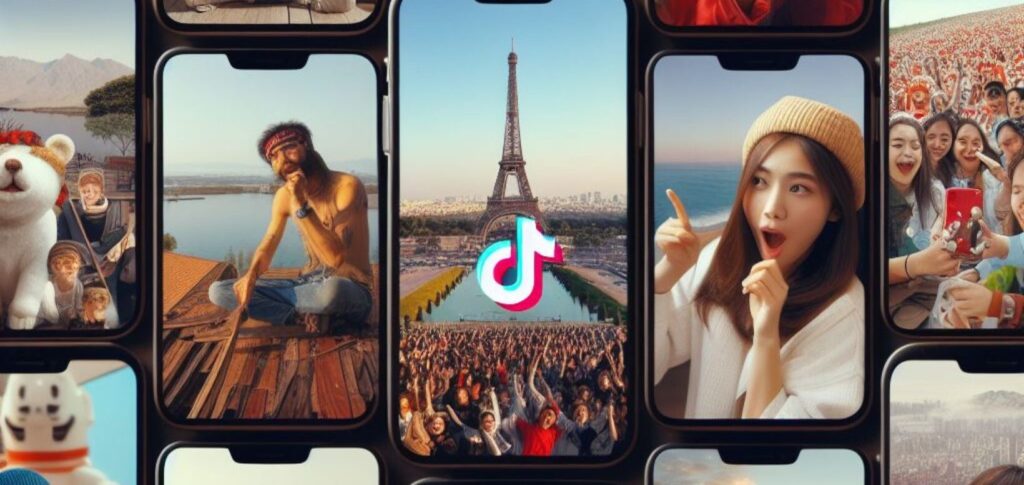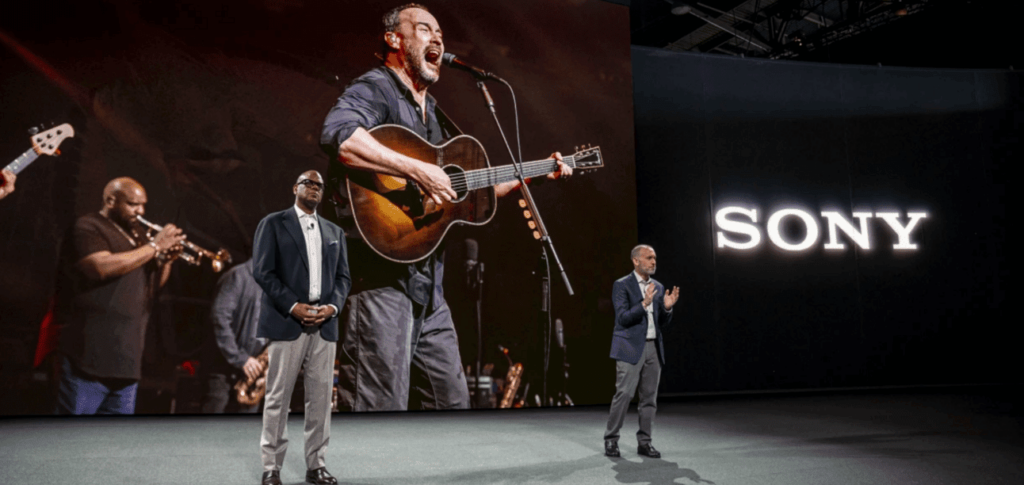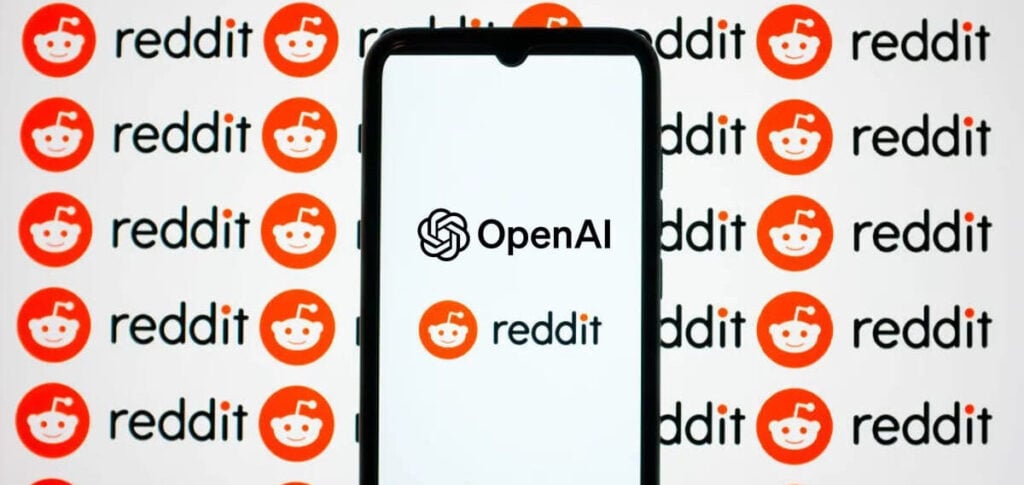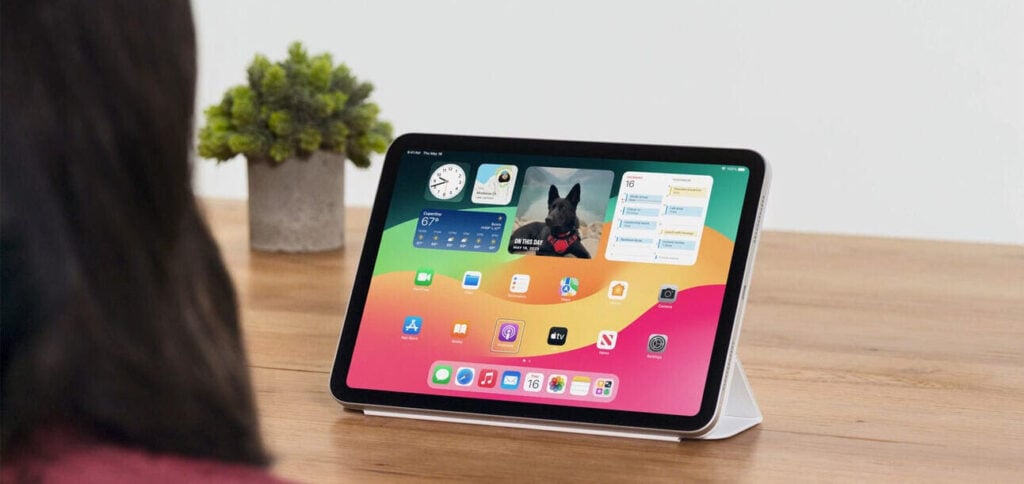O TikTok plans to begin labeling images and videos uploaded to its video-sharing service that were generated using artificial intelligence (AI), the company said this Thursday (9), using a digital watermark known as Content Credentials.
ADVERTISING
🇬🇧 Subscribe to the best newsletter about AI (in English 🇬🇧) (I.e. Sign it the best newsletter about AI (in Portuguese 🇧🇷)
Researchers have expressed concern that AI-generated content could be used to interfere in elections. USA this fall, and TikTok was already among a group of 20 technology companies who, at the beginning of this year, signed an agreement withpromeI tend to fight it.
The company already labels AI-generated content made with in-app tools, but the latest measure appliesaria to videos and images generated outside of the service.
“We also have policies that prohibit realistic AI that is not labeled, so if realistic AI (generated content) appears on the platform, then we will remove it for violating our community guidelines,” said Adam Presser, head of operations and trust and safety on TikTok, in an interview.
ADVERTISING
Content Credentials technology was led by the Coalition for Content Provenance and Authenticity, a group co-founded by Adobe, Microsoft and others, but it is open for other companies to use.
It has already been adopted by creators of ChatGPTSuch as OpenAI.
YouTube, owned by A do Google, Ea MetaPlatforms, which owns Instagram and Facebook, also said they plan to use Content Credentials.
ADVERTISING
For the system to work, both the manufacturer of the generative AI tool used to make the content and the platform used to distribute the content must agree to use the industry standard.
When a person uses the tool Dall-E da OpenAI to generate an image, for example, the OpenAI adds a watermark to the resulting image and adds data to the file that can later indicate whether it has been tampered with.
If this tagged image is then uploaded to TikTok, it will be automatically labeled as AI-generated.
ADVERTISING
TikTok, which is owned by China's ByteDance, has 170 million users in the US, which recently passed a law requiring ByteDance to sell TikTok or face a ban. TikTok and ByteDance sued to block the law, arguing that it violates the American First Amendment.
Read also




